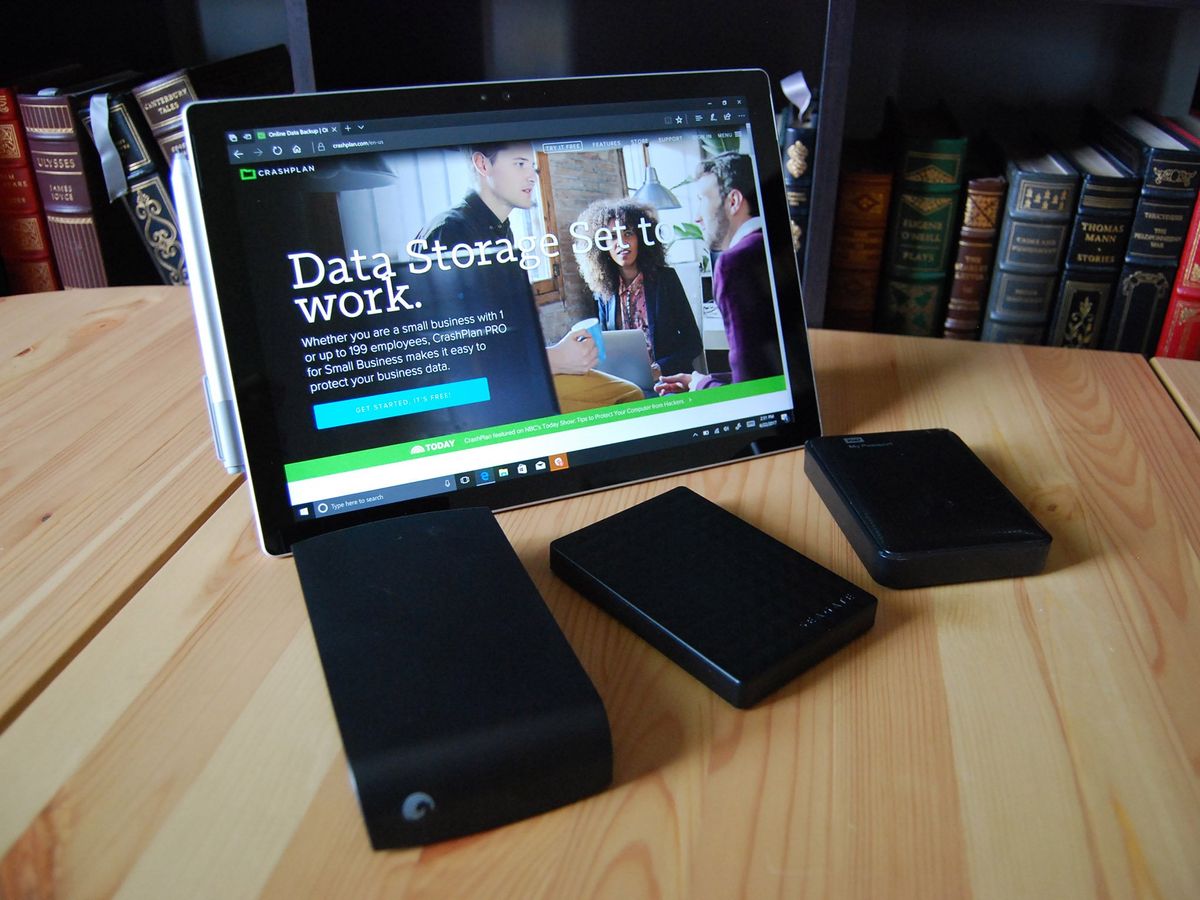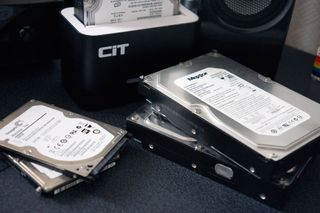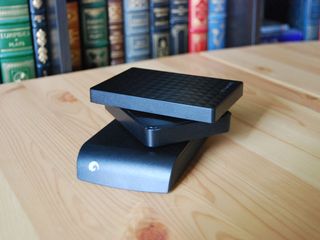
It cannot be stressed enough: data backups are important. So much of our vital information now exists in ones and zeroes, and not performing a regular backup is as good as throwing your photos, text documents, receipts, and more straight into the trash. While many people perform in-house backups using hard drives, fast internet and high bandwidth have allowed online backup services to rise. Should you use one? Let's find out.
1) Natural disasters shouldn't be a problem
Imagine you keep regular backups of your data on external hard drives. Excellent! You've even gone so far as to store them in a safe to avoid theft. Now, imagine there's some sort of natural disaster, whether a fire, flood, or tornado, that wreaks havoc in your area. Despite your backup drives being tucked away, Mother Nature is ruthless, and now your drive and computer are drowned, melted, or flown halfway across the country.
If only you'd created an online backup, your data would be sitting safely somewhere in a cool, loud server warehouse, ready to be downloaded onto a new PC. Hopefully, nothing ever does happen to you and your stuff, but having that extra backup in case it does is invaluable.
2) Hard drives can fail

Is there a whirring or even a clunking noise coming from your old hard-disk drive (HDD)? That's probably not a good sign. All those fast-moving parts inside will eventually wear out, and, if you don't have a backup in place, you'll lose your important data.
Solid-state drives (SSD) — the kind without a bunch of moving parts inside — are much, much more reliable than their hard-disk counterparts, but they can still fail. The risk of failure is heightened if you don't spend top dollar on an SSD, which can already be quite expensive before you get into large storage sizes.
For example, this reliable, top-of-line Samsung T3 external SSD with 2TB of storage starts at about $750. That's a lot of dough, especially when you can get a 2TB external HDD drive from Seagate for about $80.
Solution? Check out an online backup service and let them worry about the moving parts. Subscriptions to CrashPlan, our top choice, start at about $60 a year.
Get the Windows Central Newsletter
All the latest news, reviews, and guides for Windows and Xbox diehards.
3) Your physical backup drive can be stolen
When we talk about B and E, we're not talking about breakfast (groan). Having your backup drive — and your PC — stolen would be heartbreaking. Not only would you have to go about recreating all those important files, you'd also be stuck setting up a new PC in a way that you love.
With an online backup service, your data is stored off-site and is strongly encrypted with a key that only you have. If your home gets broken into, you might still lose the PC, but you'll be able to set a new one up exactly the same in a matter of minutes with the online backup data.
4) You can choose a backup plan with unlimited storage

I have fond memories of when a 6GB hard drive was ENORMOUS and was seemingly big enough to hold all of my data forever. A 2TB hard drive is now quite common if you need a backup, and no doubt that will soon seem small as well.
Many online backup services are offering unlimited storage plans. That means you don't have to worry about which files need deleting to make room for other, more important files. This is invaluable if you're a bit of a data hoarder.
5) You won't forget to run a backup
Plenty of online backup services work like this: you download and install an app, set up which files you want to backup, and let it do its thing. That's it. As long as you have an internet connection, new files will be backed up at regular intervals.
Sure, there are similar ways to do this with external drives, but in that case, you'll either have the drive hanging off of your desktop PC, or you'll have to remember to plug it into your laptop when you aren't on the move.
Which online storage service should you choose?
If you're thinking about investing in an online storage service, we've put together a list of the best available now, based on price, the amount of features, and storage capacity.

Cale Hunt brings to Windows Central more than eight years of experience writing about laptops, PCs, accessories, games, and beyond. If it runs Windows or in some way complements the hardware, there’s a good chance he knows about it, has written about it, or is already busy testing it.